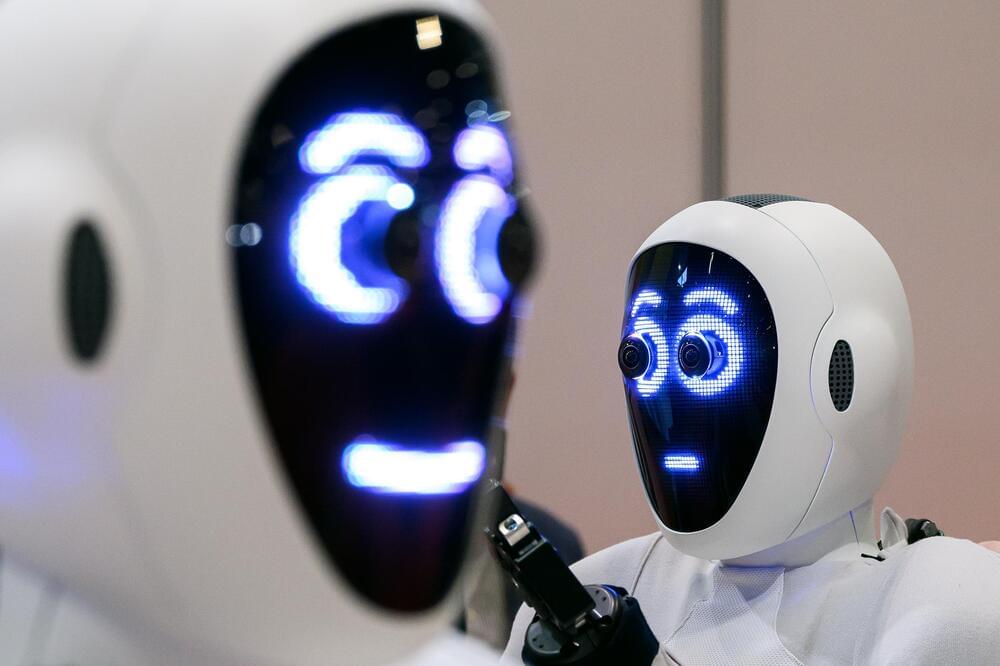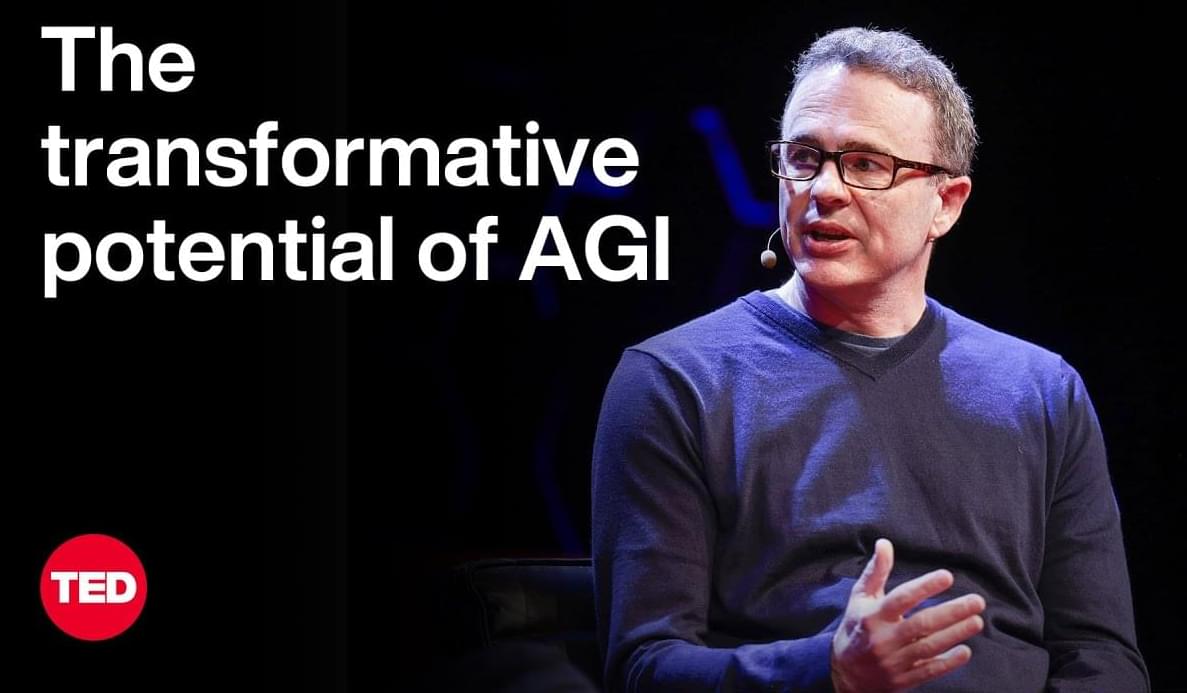Jan 5, 2024
Square Enix plans ‘aggressive’ use of AI to create new forms of content
Posted by Saúl Morales Rodriguéz in categories: augmented reality, business, robotics/AI, virtual reality
Generative AI provoked a lot of discussion last year around images, text and video, but it may soon affect the gaming industry as well. Square Enix said it plans to be “aggressively applying” AI and other cutting-edge tech in 2024 to “create new forms of content,” according to president Takashi Kiryu’s New Year’s letter.
“Artificial intelligence (AI) and its potential implications had for some time largely been subjects of academic debate,” he said. “However, the introduction of ChatGPT, which allows anyone to easily produce writing or translations or to engage in text-based dialogue, sparked the rapid spread of generative AIs. I believe that generative AI has the potential not only to reshape what we create, but also to fundamentally change the processes by which we create, including programming.”
The company will start by using it to improve productivity in development and assist in marketing. “In the longer term, we hope to leverage those technologies to create new forms of content for consumers, as we believe that technological innovation represents business opportunities,” Kiryu added. Square Enix also plans to build more immersive AR and VR experiences, including “new forms of content that fuse the real world and virtual worlds.”

















